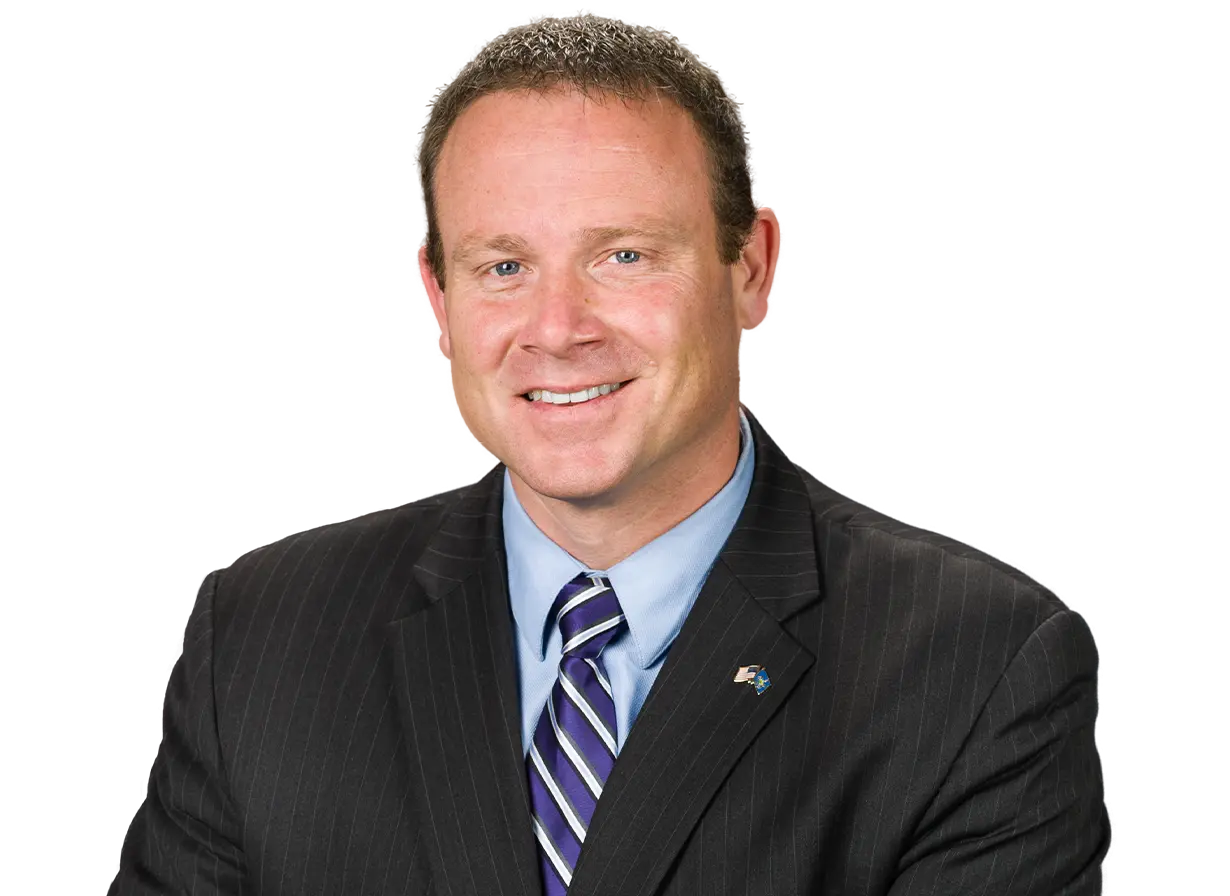Pediatric cancer patient tells lawmakers, “You would not want your kids or grandkids treated with the drugs I was treated with”
HARRISBURG – Pediatric cancer doctors, patient advocates and other experts testified about the need to provide new resources for childhood cancer research during a Senate Finance Committee hearing today.
The hearing focused on Senate Bill 74, legislation authored by Senator Scott Martin (R-13) that would create a new tax credit program that could generate up to $100 million in private donations to support childhood cancer research.
Pediatric cancer patient Noelle Weinhold from Ephrata testified about the negative impact that her treatment had on her health, including bowel, bladder, hearing and vision neuropathy resulting from radiation and chemotherapy drugs that have been in use for 40 to 50 years.
“I can say with certainty that you would not want your kids or grandkids treated with the drugs I was treated with,” Weinhold said. “My hope is that this great state of ours leads the way in pediatric cancer research, and this bill will provide the funds to do so.”
Advocate Sandy McHugh shared the story of her son, Jake, who was diagnosed with cancer in 2017 and passed away a few months later in 2018. She also shared the difficulty in finding treatment options for childhood cancers.
“We had the most amazing team of dedicated doctors and nurses, but they can only be as good as the information and treatments that they have access to,” McHugh said. “In the past 18 months, I have heard story after story that is similar to ours. This is not acceptable. We must do better for our children.”
Dr. Elizabeth Fox, a pediatric oncologist at the Children’s Hospital of Philadelphia, testified about the difficulties in treating childhood cancers because the disease is biologically different from most cancers in adults. She said that support for access to new drugs and clinical trials must be expanded.
“As a pediatric oncologist, each day I see my young patients combat the despair of cancer with the hope inherent in being a child,” Fox said. “We often say, hope is vitally important, but hope is not a plan. We need funding for basic and clinical research for pediatric cancer to allow us to make discoveries and find new treatments to permit our children to enjoy living and grow without cancer or the devastating side effects of treatment.”
Lisa McGregor, chief of Pediatric Hematology-Oncology at Penn State Children’s Hospital, noted that outcomes for pediatric cancer patients has improved over the 15 years that she has been practicing medicine, but one out of every five children diagnosed with cancer still loses their battle with the disease.
“Developing new treatments takes time and financial support. Because childhood cancer is rare, developing therapies specifically for children is not always profitable, and thus is not at the forefront of business strategy for pharmaceutical companies,” McGregor said. “We have shown that improving treatment is possible, but the current state is not good enough… We need to invest in the research to push the field forward.”
Martin said that he hopes his bill will lead to breakthroughs that will help more patients live longer, healthier lives. He authored a new law last year that allows Pennsylvanians to voluntarily donate $5 to the Pediatric Cancer Research Fund when electronically renewing a driver’s license, photo identification card or vehicle registration.
Martin also authored a law this year that provides new resources to students who face extended absences from school, including young people who are fighting cancer.
“A cancer diagnosis is one of the scariest and most heart-wrenching things a family can ever experience, and the entire situation is magnified when the patient is a child,” Martin said. “We have come a long way over the past decade in improving diagnosis and treatment of pediatric cancer, but we need to do more for the families who are fighting this battle today, tomorrow, and years into the future.”
Video and testimony from the hearing are available at https://finance.pasenategop.com/.
CONTACT: Terry Trego (717) 787-6535


